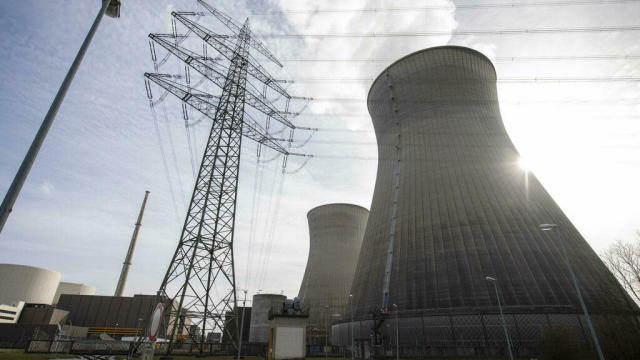Germany on Friday announced that was it has pulled the plug on half of the six nuclear plants it still has in operation, just about a year before the country draws the final curtain on its decades-long use of atomic power.
Africa Today News, New York recalls that the decision to completely phase out nuclear power and shift from fossil fuels to renewable energy was first taken by the centre-left government of Gerhard Schroeder in 2002.
Angela Merkel who succeeded him, reversed her decision to extend the lifetime of Germany’s nuclear plants in the wake of the 2011 Fukushima disaster in Japan and set 2022 as the final deadline for shutting them down.
The three reactors now being shuttered were first powered up in the mid-1980s. Together they provided electricity to millions of German households for almost four decades.
Read Also: Rolls-Royce Plans ‘Mini’ Nuclear Power Plants By 2029
Africa today News, New York gathered that one of the plants — Brokdorf, located about 40 kilometres (25 miles) northwest of Hamburg on the Elbe River — became a particular focus of anti-nuclear protests that were fueled by the 1986 Chernobyl catastrophe in the Soviet Union.
The other two plants are Grohnde, about 40 kilometres south of Hannover, and Grundremmingen, 80 kilometres west of Munich.
Some in Germany have called for the decision on ending the use of nuclear power to be reconsidered because the power plants already in operation produce relatively little carbon dioxide. Advocates of atomic energy argue that it can help Germany meet its climate targets for reducing greenhouse gas emissions.
But the German government said this week that decommissioning all nuclear plants next year and then phasing out the use of coal by 2030 won’t affect the country’s energy security or its goal of making Europe’s biggest economy ‘climate neutral’ by 2045.
‘By massively increasing renewable energy and accelerating the expansion of the electricity grid we can show that this is possible in Germany,‘ Economy and Climate Minister Robert Habeck said.
Several of Germany’s neighbours have already ended nuclear power or announced plans to do so, but others are sticking with the technology. This has prompted concerns of a nuclear rift in Europe, with France planning to build new reactors and Germany opting for natural gas as a ‘bridge’ until enough renewable power is available, and both sides arguing their preferred source of energy be classed as sustainable.
Germany’s remaining three nuclear plants — Emsland, Isar, and Neckarwestheim — will be powered down by the end of 2022.
AFRICA TODAY NEWS, NEW YORK
